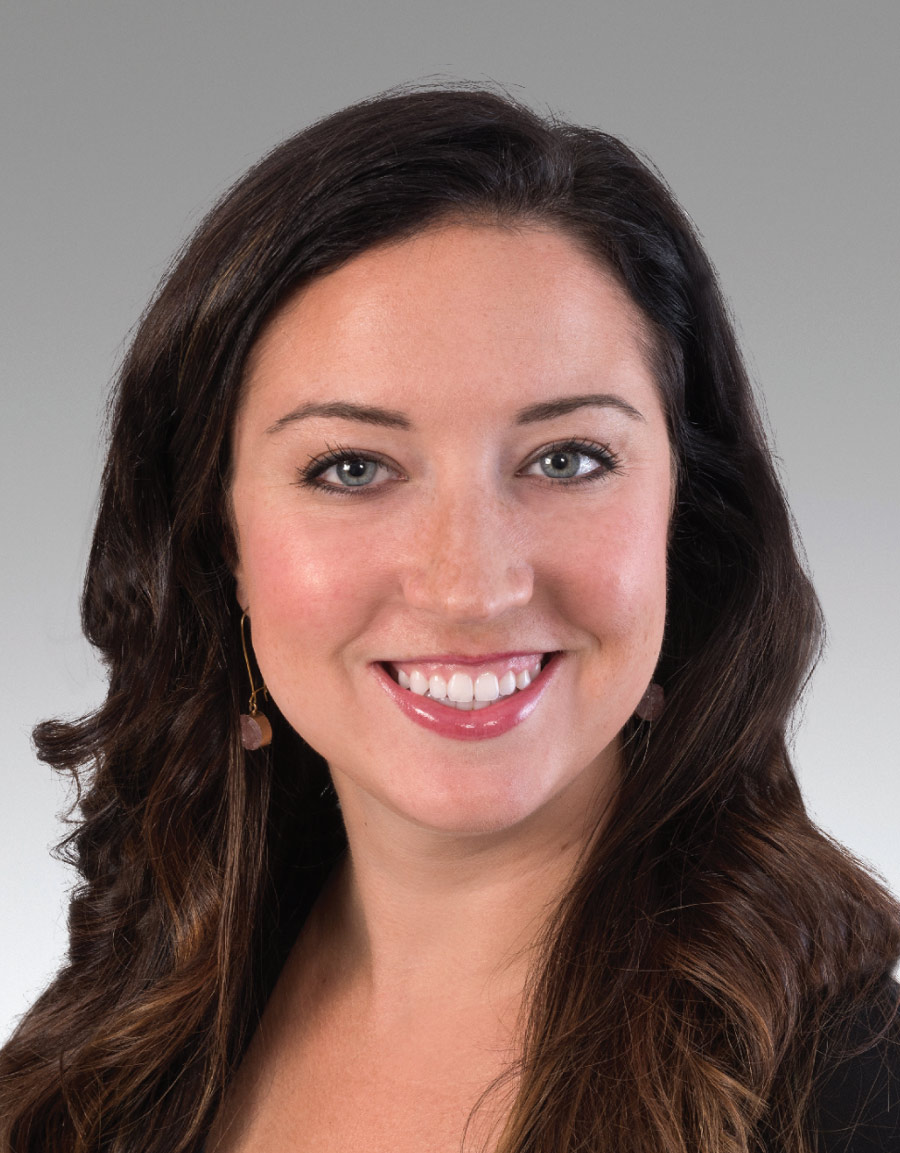
Whither WOTUS?
hile the famous crystal ball dropped in New York City’s Times Square on New Year’s Eve, the Environmental Protection Agency, or EPA, dropped a surprise of its own when it released final rules for Waters of the United States (commonly referred to as “WOTUS”) in the final hours of 2022. Unlike the celebrated ball drop, the EPA’s announcement landed with a thud.
The response from local business advocacy groups was swift and harsh. The dramatic reaction stemmed partly because this was the third change made to WOTUS in just ten years. Worse, serious legal questions surrounding WOTUS are currently under review at the US Supreme Court. Their ruling on the famous Sackett case could require another significant revision and further regulatory changes. Government should not work this way.
WOTUS impacts the building industry in Alaska, big time. And right now, not in a good way. Associated General Contractors, or AGC, of Alaska members perform many construction activities on land and water that require a jurisdictional determination from the US Army Corps of Engineering before proceeding. Construction work that involves the discharge of dredged material or the placement of fill material in a WOTUS cannot legally start without authorization from the federal government, which takes the form of a Clean Water Act Section 404 permit (and may require additional permissions and reporting duties under other Clean Water Act programs). So changes to Clean Water Act regulations, case law, and resultant guidance throughout the years have affected our members’ ability to secure financing and approval to construct new projects or maintain existing infrastructure and facilities across Alaska.
While the timing for bad policy is never ideal, the WOTUS uncertainty comes just as a tsunami of federal funding is scheduled to arrive in Alaska to help our state catch up on critical infrastructure needs. In our minds, these two issues conflict with each other. So, what do we do?
We sue. Because we must, and because it is apparently required to move development of any kind forward in this day and age. In early 2023, the Associated General Contractors of America joined a coalition representing a broad cross-section of the economy in filing a lawsuit to block the EPA’s new WOTUS rule. The legal action seeks to put the new rule on hold and ultimately reverse it.
As AGC members are aware, the construction industry invests a significant amount of time and cost in compliance with the Clean Water Act and to avoid or reduce potential impacts on the environment. AGC urges the Biden administration to wait for the Supreme Court to issue a ruling on the Sackett case before proceeding. We also ask the administration to focus its regulatory efforts on implementing the environmental streamlining provisions that were included in the bipartisan infrastructure bill the president signed into law more than a year ago.
AGC’s CEO Stephen E. Sandherr sums it up well: “After first promising new infrastructure investments, the president now seems committed to making sure much of that work gets tied up in needless regulatory holdups. Instead of finding new and increasing unlawful ways to obstruct infrastructure improvements, the president should instead implement the environmental streamlining provisions that were included in the bipartisan infrastructure law.”
We can’t build Alaska when our federal government continually sends mixed messages. On one hand, we are asked to construct new housing developments, repair old and build new roads, and otherwise build the infrastructure that keeps our state moving. We love this work and accept it gladly. On the other hand, we must overcome unnecessary rules that tie our hands and slow progress. It is frustrating, to say the least. Please know AGC of Alaska is active and engaged on this issue—and many others—and will keep you informed as we make progress.
